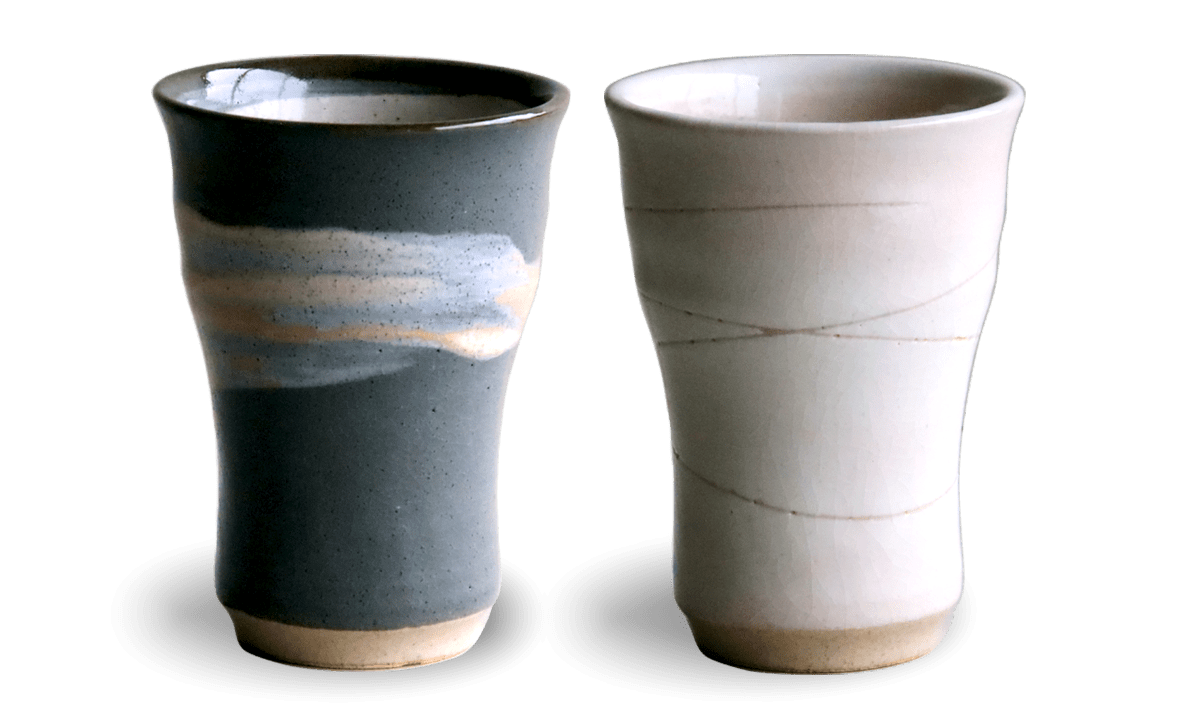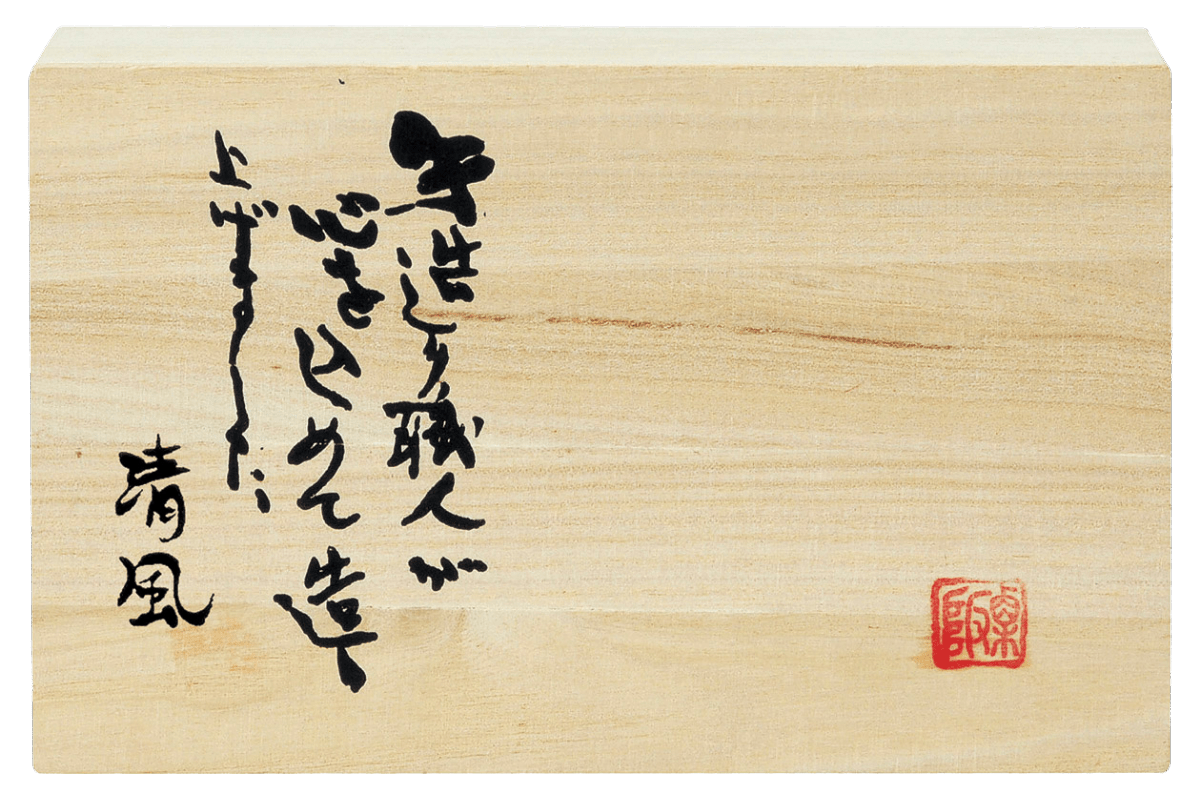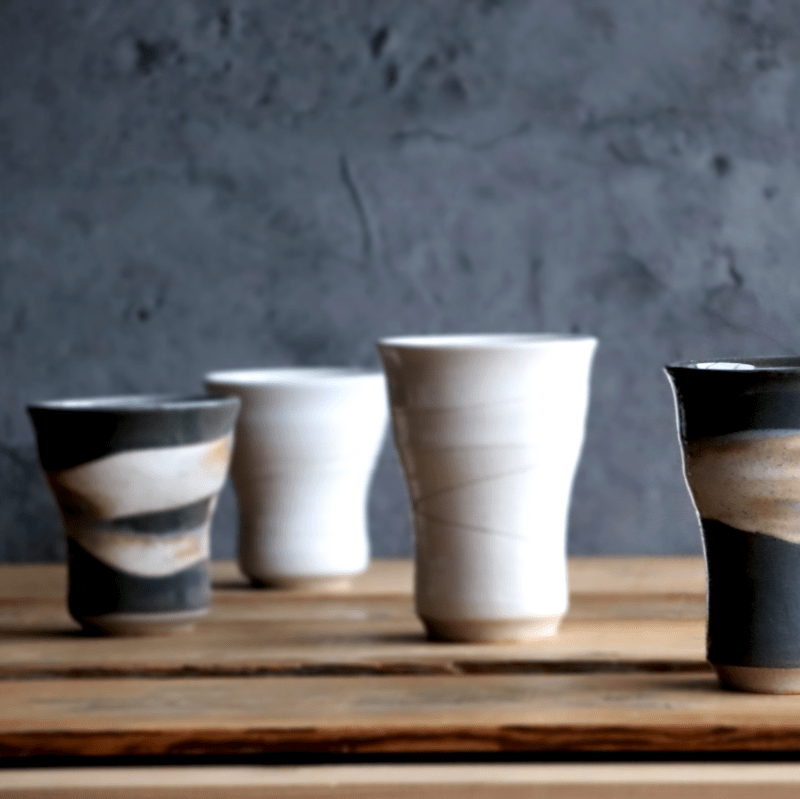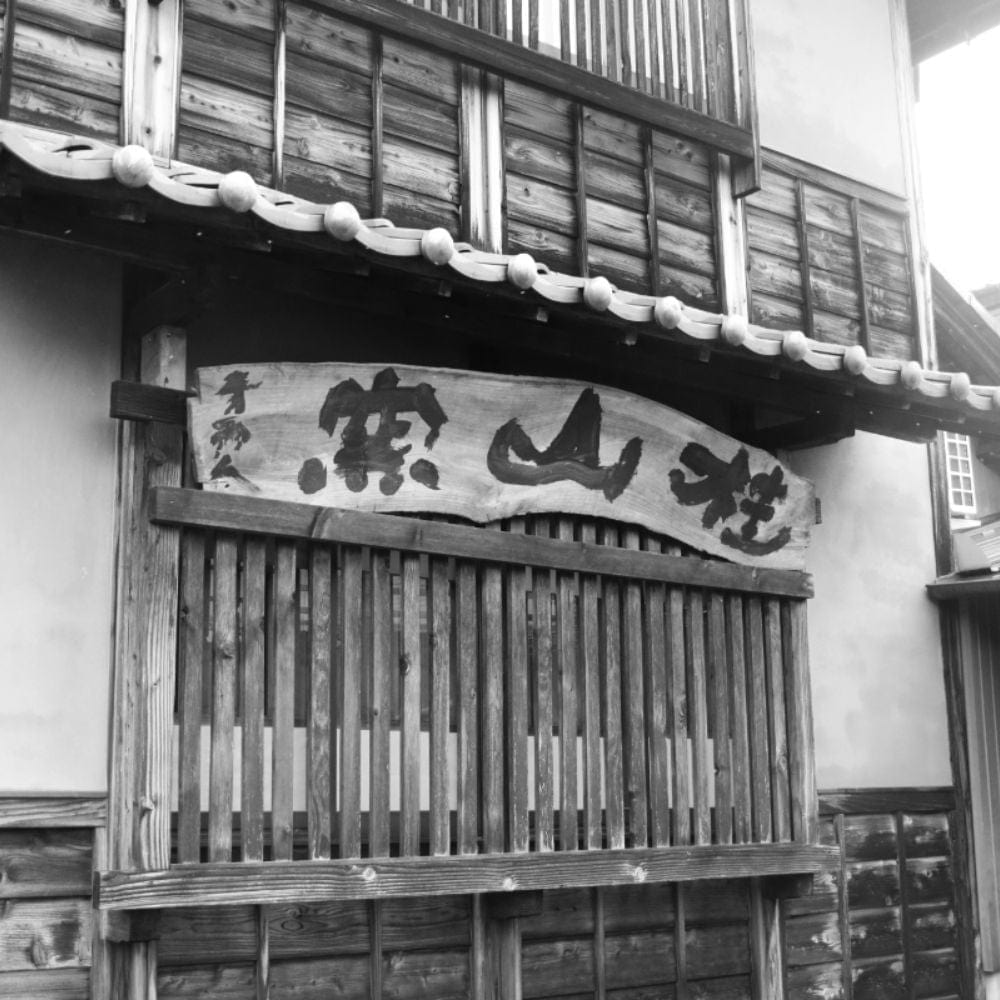



Mingei no Sato Beer Cup Set
Pairs well with

Mingei no Sato Beer Cup Set
If you have any questions, you are always welcome to contact us. We'll get back to you as soon as possible, within 24 hours on weekdays.
-
Shipping Information
Use this text to answer questions in as much detail as possible for your customers.
-
Customer Support
Use this text to answer questions in as much detail as possible for your customers.
-
FAQ’s
Use this text to answer questions in as much detail as possible for your customers.
-
Contact Us
Use this text to answer questions in as much detail as possible for your customers.
Celebrate the union of heritage and everyday utility with the Mingei no Sato Beer Cup Set, lovingly crafted at the Seifu Keizan Kiln—an institution with over 90 years of pottery excellence. Each cup is formed by hand, not molded, allowing slight variations that speak to the individuality of artisan work.
Supervised by master craftsman Kazufumi Wada, the Seifu kiln continues to honor tradition while welcoming contemporary design. These beer cups feature a natural, subtly textured finish with soft tones inspired by earth and sky. The interior is glazed in white porcelain to beautifully showcase the color and effervescence of your favorite beer or chilled beverage.
With a capacity of 400 ml (13.5 fl oz), they strike the perfect balance between functionality and refined aesthetics. Packaged in wood gift box, they also make a distinctive present for lovers of Japanese craft and beverage culture.
Product Information
Care instructions
Maker
Note
FAQs
All you need to know about Japanese Pottery.
What types of traditional pottery are made in Japan?
Japan is home to several renowned pottery styles, including Mino ware (Gifu), Bizen ware (Okayama), Arita and Imari ware (Saga), Shigaraki ware (Shiga), and Mashiko ware (Tochigi). Each region has its own distinct materials, glazes, and firing techniques that reflect local history and aesthetics. Toki City in Gifu Prefecture is particularly renowned as the heart of Mino ware (Minoyaki)—the most widely produced pottery style in Japan.
What materials are used in artisan Japanese pottery?
Most artisan pottery in Japan is made from locally sourced clay, often mixed and refined by hand. Natural minerals and ash are used in glazes, and many pieces are wood-fired or fired in traditional climbing kilns (noborigama), producing unique surface textures and natural variations.
Are artisan Japanese pottery pieces safe for food use?
Yes. Authentic artisan pottery is made with food-safe, lead-free glazes and is carefully fired at high temperatures to ensure durability and safety. However, it's important to follow care instructions, especially for unglazed or porous ceramics.
What makes Japanese pottery different from Western ceramics?
Japanese pottery often emphasizes wabi-sabi—the beauty of imperfection—resulting in organic shapes, subtle asymmetry, and natural glazes. Unlike Western ceramics, which may prioritize uniformity, Japanese pieces often celebrate the individuality of each item, reflecting the artist's hand and the firing process.
How should I care for artisan-made Japanese pottery?
Hand-wash pottery with mild soap and avoid extreme temperature changes (like placing hot items into cold water). Some unglazed pieces may absorb moisture, so allow them to fully dry before storing. Avoid microwaves or dishwashers unless the piece is specifically labeled as safe for such use.
Do I need to season my matcha bowls before using them?
In most cases, seasoning a matcha bowl is not necessary—especially if the bowl is fully glazed, as the glaze naturally seals the surface and makes it ready for use. However, if the bowl is unglazed or has a raw clay base, a simple seasoning process called medome can help prevent cracking or staining. To season, soak the bowl in warm water mixed with a spoonful of cooked rice or flour for about 30–60 minutes, then rinse and let it dry completely. This step helps fill tiny pores in the ceramic and adds durability over time.

